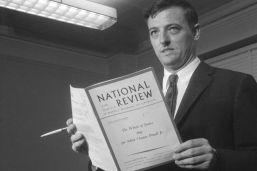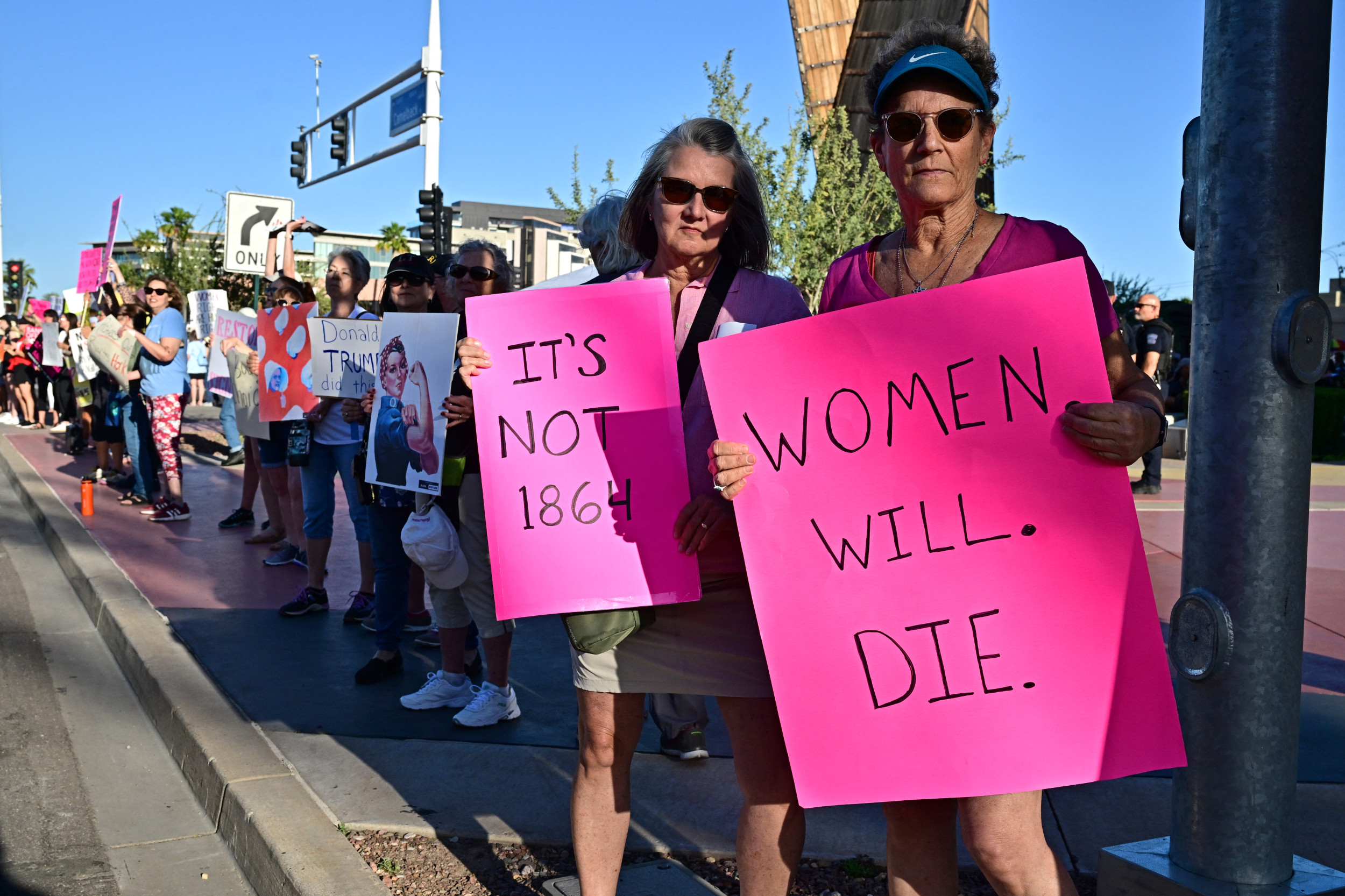During the early period of the Cold War, modern American conservatism, based around its flagship publication, National Review, began to emerge as a "three-legged stool" of laissez-faire economics, moral traditionalism and a hawkish, anti-Soviet foreign policy. The movement reached its zenith with the ascension of President Ronald Reagan and the concomitant defeat of the Soviet Union to win the Cold War.
But since 2016, following the election of the heterodox Donald Trump as both Republican Party standard-bearer and, subsequently, U.S. president, conservatives and Republicans have taken to debating amongst themselves whether post-World War II American conservatism, as initially theorized, retains an enduring relevance. Perhaps, some argue, a new public policy program is required to meet today's unique challenges. These debates are ubiquitous—and often contentious.
This week, R.R. Reno, editor of First Things, debates Charles C.W. Cooke, editor of National Review Online, on whether the Trump presidency has meaningfully altered the course of American conservatism and its leading political vehicle, the Republican Party. We hope you enjoy the exchange.
Josh Hammer is Newsweek opinion editor, a syndicated columnist and a research fellow with the Edmund Burke Foundation.
It's long past time for American conservatism to change course. In 2020, we face a crisis of solidarity. Our political programs, left and right, need to re-tie the strands of our society that have come undone in recent decades. For conservatives, that means adopting a nationalist-populist platform.
*****
For a "dead" consensus, traditional conservative fusionism sure looks healthy, doesn't it? I can only hope that, when my time comes, I look as fresh in the grave.
Insofar as it represents anything more than a post hoc rationalization for President Donald Trump's caprice, the postmortem for the pre-2015 Republican Party reads as follows. By the 1980s, a set of serious problems had arrived in the United States. Thankfully, President Ronald Reagan and his fellow travelers had good answers to these problems and, by and large, they managed to solve them. But, having done so, the Republican Party and its friends within the institutionalized conservative movement failed to move on. Instead, they decided that the platform of 1980 was immutably true and necessary, and that it was applicable to all places and all times. And so, in 2015, the party rebelled and nominated a politician who saw things differently. That politician, Donald Trump, managed to win the nomination, ascend to the presidency and recast the movement in his image. These changes are likely to be permanent. R.I.P., Reagan. Long live Trump! Amen.

Uncommon Knowledge
Newsweek is committed to challenging conventional wisdom and finding connections in the search for common ground.
Newsweek is committed to challenging conventional wisdom and finding connections in the search for common ground.
About the writer
Newsweek Senior Editor-at-Large and host, "The Josh Hammer Show"
To read how Newsweek uses AI as a newsroom tool, Click here.









